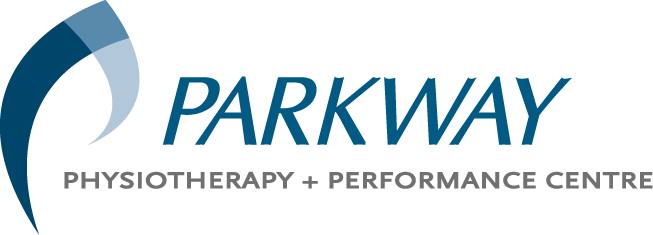TMJ Physiotherapy Victoria
Our team specializes in treating temporomandibular joint disorders (TMD) with TMJ physiotherapy.
What is TMJ Physiotherapy?
TMJ physiotherapy focuses on the treatment of temporomandibular joint (TMJ) disorders, which affect the joint that connects your jawbone to your skull. Symptoms of TMJ disorders can include jaw pain, difficulty chewing, and clicking or locking of the jaw. Our physiotherapy treatments aim to alleviate these symptoms through targeted exercises, manual therapy, and education on jaw function management.
Common Causes of Temporomandibular Disorders (TMD)
TMD can stem from various factors, often involving multiple elements that may interact to cause symptoms. Here are some of the most common causes of TMD that we address at Parkway Physiotherapy:
- Jaw Injury: Trauma to the jaw or temporomandibular joint can lead to TMD, whether from a direct blow, whiplash, or other impact injuries.
- Teeth Grinding or Clenching (Bruxism): This habit can put excessive pressure on the joint, leading to pain and dysfunction.
- Arthritis: Degenerative joint diseases such as osteoarthritis or rheumatoid arthritis can affect the TMJ, causing pain and restricted movement.
- Stress: High stress levels often lead to jaw clenching and teeth grinding, which can exacerbate TMD symptoms.
- Poor Posture: Chronic neck and head postures, often related to computer use or mobile devices, can strain the muscles of the jaw and neck.
- Dental Misalignment: Uneven bite or misalignment of teeth can alter jaw mechanics, leading to increased strain on the TMJ.
- Excessive Gum Chewing: Overuse of the jaw muscles from habits like chewing gum can contribute to TMD.
- Connective Tissue Disorders: Conditions that affect the connective tissues, such as Ehlers-Danlos syndrome, may predispose individuals to TMD.
Our TMJ Physiotherapy Services Include
- Manual Therapy: Gentle manipulation and mobilization of the jaw to improve movement and reduce pain.
- Exercise Therapy: Custom exercises designed to strengthen the muscles around the jaw and enhance flexibility.
- Pain Management: Techniques and education to help you manage and reduce TMJ pain effectively.
- Postural Education: Guidance on how to improve posture to relieve strain on the TMJ.
- Stress Management: Strategies to manage stress, which can often contribute to TMJ disorder symptoms.
Ready to Get Started?
Tuscany Village Location
Open Hours
MON – FRI 7:00 AM – 7:00 PM
